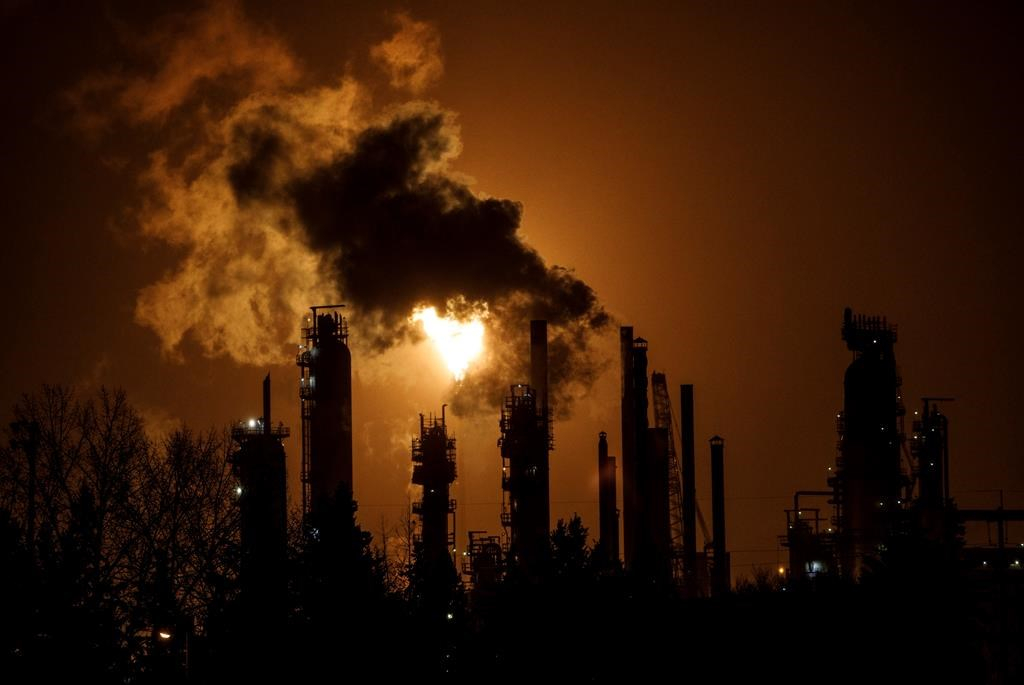Alberta's oilsands are at the centre of a court battle in New York this week that legal experts say could affect future climate lawsuits in Canada.
"The evidence that's coming out through this case is absolutely relevant to other lawsuits," said Martin Olszynski, a University of Calgary professor who teaches environmental law.
New York's attorney general is accusing Exxon Mobil of misrepresenting the risks oilsands operations face as governments move to fight climate change.
In the case filed a year ago, the state claims Exxon told investors that it was evaluating projects based on a carbon price that was much higher than the one used in calculations. That led investors to believe they faced a lower risk and also inflated evaluations of Exxon's oil reserves.
Exxon has tried twice to block the case. The company's lawyer, calling the accusations bizarre and twisted, argued Tuesday that Exxon did nothing wrong.
Although the lawsuit deals with a wide array of the multinational's operations, the oilsands feature prominently as Exxon is a major player through its subsidiary Imperial Oil.
"In these parts of its business, Exxon often applied a much lower price per ton to a small percentage of its (greenhouse gas) emissions ... and held those lower costs flat far into the future," court documents say.
"Exxon in effect ... create(d) the illusion that it had fully considered the risks of future climate change regulation and had factored those risks into its business operations ... The company was exposed to far greater risk from climate change regulations than investors were led to believe."
The documents allege Exxon lowballed by $30 billion the impact of carbon pricing on 14 Alberta oilsands projects. They claim carbon costs at the Kearl project in northern Alberta were understated by 94 per cent.
The documents also allege that low carbon cost estimates falsely extended the economic life of some assets. It claims the life of Imperial Oil's facility in Cold Lake, Alta., would be 28 years shorter if assigned a true carbon price.
Exxon says the lawsuit fails to consider the different ways the company accounted for increasingly strict climate regulations. Its lawyer says one method tries to predict how climate regulations may affect oil and gas demand while another measures how local regulators may tax emissions.
Imperial Oil declined to comment.
David Estrin, a Toronto lawyer who specializes in environmental law, said evidence emerging from the trial is likely to surface in future climate lawsuits in Canada. He predicts governments will be forced to eventually sue fossil fuel producers for damage caused by climate change.
"Governments at some level in Canada will certainly go after the carbon majors," he said.
"With the kind of information that New York state is bringing out, that would allow suits to be brought on the basis of negligence. It's an aggravating factor."
Several municipalities are actively considering lawsuits against fossil fuel companies, he said.
Olszynski said Canadian lawyers involved in those efforts are likely to be closely watching the evidence being considered in New York and the case, if upheld, may encourage Canadian litigation.
"Some of the information that's going to come out in the context of this (New York) lawsuit will inevitably inform the court of public opinion whether or not there is merit behind these lawsuits."
This report by The Canadian Press was first published Oct. 23, 2019.
— With files from The Associated Press






Comments